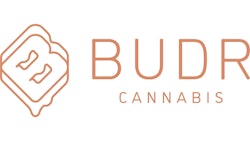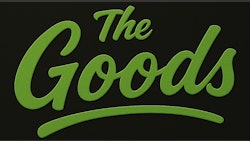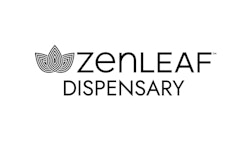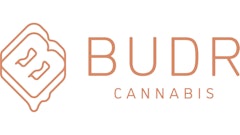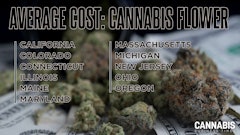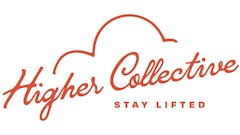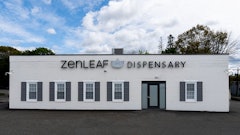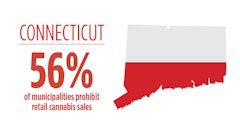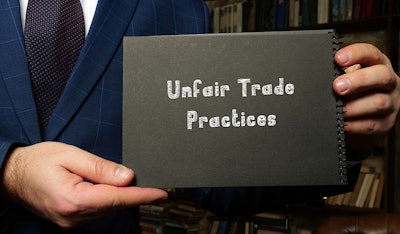
Connecticut Attorney General William Tong is suing two men and their limited liability company for $2.5 million after upward of 70 businesses paid tens of thousands of dollars each for state cannabis licenses that didn’t exist.
Tong filed the complaint on July 3 in the Hartford Superior Court. The lawsuit names Michael Tedesco, of Fairfield, and Zafir Iqbal, of Oakdale, as defendants. Tedesco is the principal of MAKECTBETTER LLC, while Iqbal is an affiliate, according to the attorney general.
The complaint claims that the defendants tricked 35 to 70 Connecticut retailers into believing they could obtain a state cannabis license from the state’s Department of Consumer Protection (DCP) as part of a fictional state “pilot program” that would allow the retailers to sell cannabis. The defendants allegedly duped the businesses through forged DCP documents that appeared to be signed by an official in Tong’s office, according to the attorney general.
According to the complaint, the defendants collected fees ranging between approximately $25,000 and $30,500 from the retailers. The complaint details schemes in New Milford, New Haven and Manchester, but it claims the defendants “have sold or attempted to sell” fake cannabis licenses in towns across the state.
“This was a brazen scam to extract tens of thousands of dollars from Connecticut retailers based on false promises and forged documents,” Tong said in a July 28 press release. “But let’s be clear—no one can pretend to be an agent of the Office of the Attorney General and get away with it. We’re suing and moving to freeze $2.5 million in assets based on the unassailable evidence in our case, and the extreme lawlessness of their misconduct.”
Tong is seeking the $2.5 million as a prejudgment remedy for unfair or deceptive acts and practices that began in January 2024, or earlier, according to the lawsuit.
The complaint names three specific retailers reportedly involved in the alleged scheme:
- Grab 'N Go Mart LLC, in New Haven
- New Milly Smoke Shop, in New Milford
- Happy Puff LLC, in Manchester
The lawsuit also provides exhibits of what Tong said are forged documents purporting to be DCP-issued cannabis establishment licenses to retailers, as well as a DCP letterhead falsely purporting to come from Connecticut Associate Attorney General Sandra Arenas.
In addition, the defendants created an email account falsely purporting to belong to Arenas, from which they communicated with businesses, according to the complaint.
In the lawsuit, Tong is acting at the request of DCP Commissioner Bryan T. Cafferelli.
“This scam targeted business owners who thought they were following the law by obtaining a license to sell cannabis, but cannabis licenses can only be issued by the Department of Consumer Protection,” Cafferelli said. “All information about the licensing process can be found at ct.gov/cannabis, and if you are uncertain, you can always call or email our office to confirm if an ‘opportunity’ is a scam. Impersonating our agency or the Office of the Attorney General to scam businesses out of thousands of dollars and then bragging about it is reprehensible.”
According to the lawsuit, Iqbal claimed in late 2024 or early 2025 that the defendants had entered into agreements with approximately 35 businesses to obtain the fraudulent cannabis licenses, while Tedesco “boasted” that 70 businesses had entered into agreements.
Connecticut Gov. Ned Lamont signed the state’s adult-use legalization bill into law in June 2021, and the state’s cannabis regulators began accepting license applications from businesses in February 2022. Licensed adult-use dispensary sales commenced in January 2023.
Under state law, cannabis products cannot be sold by unlicensed retailers, and those products must meet rigorous testing, packaging and labeling standards in the regulated marketplace.
“Defendants do not have, and have never had, the authority to obtain cannabis establishment licenses from the Department on behalf of retailers, nor have they had any reasonable basis to believe, or to represent to others, that they had such authority,” the lawsuit states. “Defendants do not have any relevant relationship with genuinely licensed Connecticut cannabis establishments.”
The plaintiffs are asking the court to issue temporary and permanent injunctions against the defendants to cease engaging with businesses and performing acts that violate the Connecticut Unfair Trade Practices Act.









